November is national Alzheimer’s Awareness Month. Alzheimer’s disease, which has devastating effects on the brain’s cognitive functions, leads to diminished quality of life. Research continues on how to stave off these effects, but there is currently no known cure, leaving coping devices and techniques as essential to living.
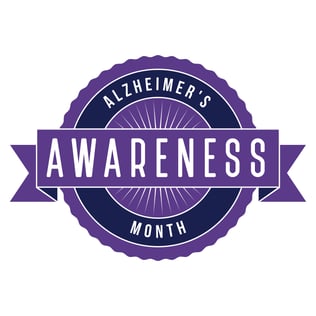 Links Between Physical Exercise and Brain Health
Links Between Physical Exercise and Brain Health
Can exercise and fitness help alleviate the effects of Alzheimer's disease and delay the onset of dementia? There is still little data to show that exercise is the cure, but there are plenty of links to improved brain function as a result of exercise. Doctors at the Mayo Clinic weigh in on the topic and how exercise is beneficial in more ways than we know.
“Studies show that people who are physically active are less likely to experience a decline in their mental function, have a lowered risk of developing Alzheimer's disease, and possibly have improved thinking among people with vascular cognitive impairment.”
According to the Mayo Clinic, with exercise comes improved blood circulation throughout the body, including the brain, leading to improvement in overall health.
Exercise every day. Doing something is better than doing nothing at all. It is recommended that older adults get 150 minutes per week of moderate-intensity cardiovascular activity (ACSM), some strength training to help maintain muscular strength and functionality, and a competent harmony of flexibility and balance.
Give Your Brain a Workout
It’s important to exercise your brain as well as your body. Here are some ideas to include in your daily workout regimen. As with physical exercise, developing healthy habits and daily consistency are keys to success. Much like physical exercise, one workout will not give you six-pack abs.
Exercise your brain every day. Try to learn something new (such as a new language or an instrument); do problem-solving puzzles, memory games, and crosswords; and continue to read, write, and learn in a variety of ways (including video games!) (WebMd.com).
Challenge Your Body and Your Brain
The similarities between physical exercise and brain exercises might not seem obvious, but with practice and commitment, the results of both become noticeable. With any workout program, you will want to find a healthy starting point. The NIFS staff has the tools and knowledge to ensure that your physical workout is tailored to your needs and specific to your goals. Although we can encourage you on your brain fitness quest, the real workouts will begin and end when you get up in the morning and go to bed at night, and will continue for the rest of your life. Make it a priority to challenge your brain.
Until next time, muscleheads rejoice and evolve!
This blog was written by Thomas Livengood and posted in loving memory of him and all the great blogs he wrote for NIFS over the years. This was his last blog contribution and we honor him in posting it.


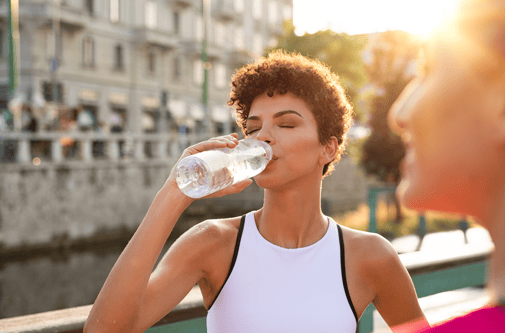
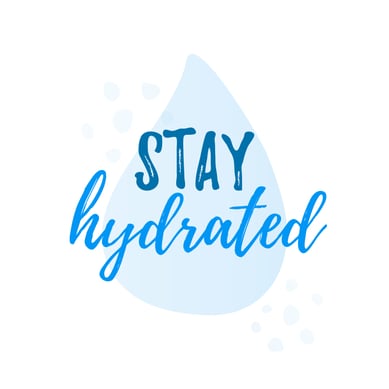 What Do Your Kidneys Do?
What Do Your Kidneys Do? Sports careers, whether you are junior varsity or a hall of fame professional, all come to an end at some point. Often, these endeavors are marred with setbacks due to injuries ranging far and wide and sometimes spanning years. During competition and in the spirit of the moment, athletes sometimes push their bodies and minds beyond what was thought possible, resulting in amazing feats—but also potential injuries.
Sports careers, whether you are junior varsity or a hall of fame professional, all come to an end at some point. Often, these endeavors are marred with setbacks due to injuries ranging far and wide and sometimes spanning years. During competition and in the spirit of the moment, athletes sometimes push their bodies and minds beyond what was thought possible, resulting in amazing feats—but also potential injuries.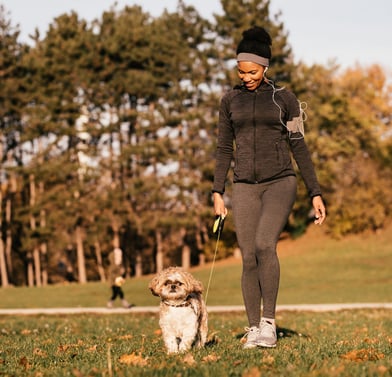 We have all heard the old sayings about fresh air and how it affects your well-being. It usually comes in the form of sage advice and sounds like something you can take with a grain of salt, but is there truth to this advice? There are times in our lives when we might not even see the sun, whether it’s because of our careers, lifestyles, or by choice. Although these reasons may have validity, there is some very good research that supports outdoor activities as a viable way to improve your overall health.
We have all heard the old sayings about fresh air and how it affects your well-being. It usually comes in the form of sage advice and sounds like something you can take with a grain of salt, but is there truth to this advice? There are times in our lives when we might not even see the sun, whether it’s because of our careers, lifestyles, or by choice. Although these reasons may have validity, there is some very good research that supports outdoor activities as a viable way to improve your overall health.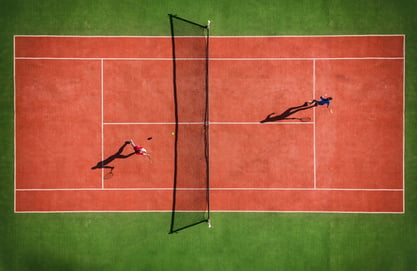 During this 2020 Coronavirus Pandemic, have you found yourself looking out your window and wishing that you could be enjoying sports, recreational activities, and exercising? In the not-so-distant past, we could spend seemingly unlimited time playing pick-up games of basketball with our best buds or head down to the gym and join our favorite yoga class, packed with like-minded individuals. Unfortunately, with social distancing being more and more prevalent in society, we have to not only limit contact sports, but also allow enough space so that others can safely participate in the activity, leaving classes no choice but to limit size or cancel altogether.
During this 2020 Coronavirus Pandemic, have you found yourself looking out your window and wishing that you could be enjoying sports, recreational activities, and exercising? In the not-so-distant past, we could spend seemingly unlimited time playing pick-up games of basketball with our best buds or head down to the gym and join our favorite yoga class, packed with like-minded individuals. Unfortunately, with social distancing being more and more prevalent in society, we have to not only limit contact sports, but also allow enough space so that others can safely participate in the activity, leaving classes no choice but to limit size or cancel altogether.  The glorious return to summer is upon us, and if you are like me, you will be spending as much time as possible soaking up sunshine as you take your leisure outdoors, take up hobbies in the yard and garden, and engage in group fitness bootcamp classes in the park. The sunshine feels good and has many benefits, including mood enhancement, vitamin D production, and even treatment for a number of skin conditions such as psoriasis and acne. There are, however, some dangers associated with extended sun exposure that can be limited with the use of sunscreen, most notably skin cancer.
The glorious return to summer is upon us, and if you are like me, you will be spending as much time as possible soaking up sunshine as you take your leisure outdoors, take up hobbies in the yard and garden, and engage in group fitness bootcamp classes in the park. The sunshine feels good and has many benefits, including mood enhancement, vitamin D production, and even treatment for a number of skin conditions such as psoriasis and acne. There are, however, some dangers associated with extended sun exposure that can be limited with the use of sunscreen, most notably skin cancer.